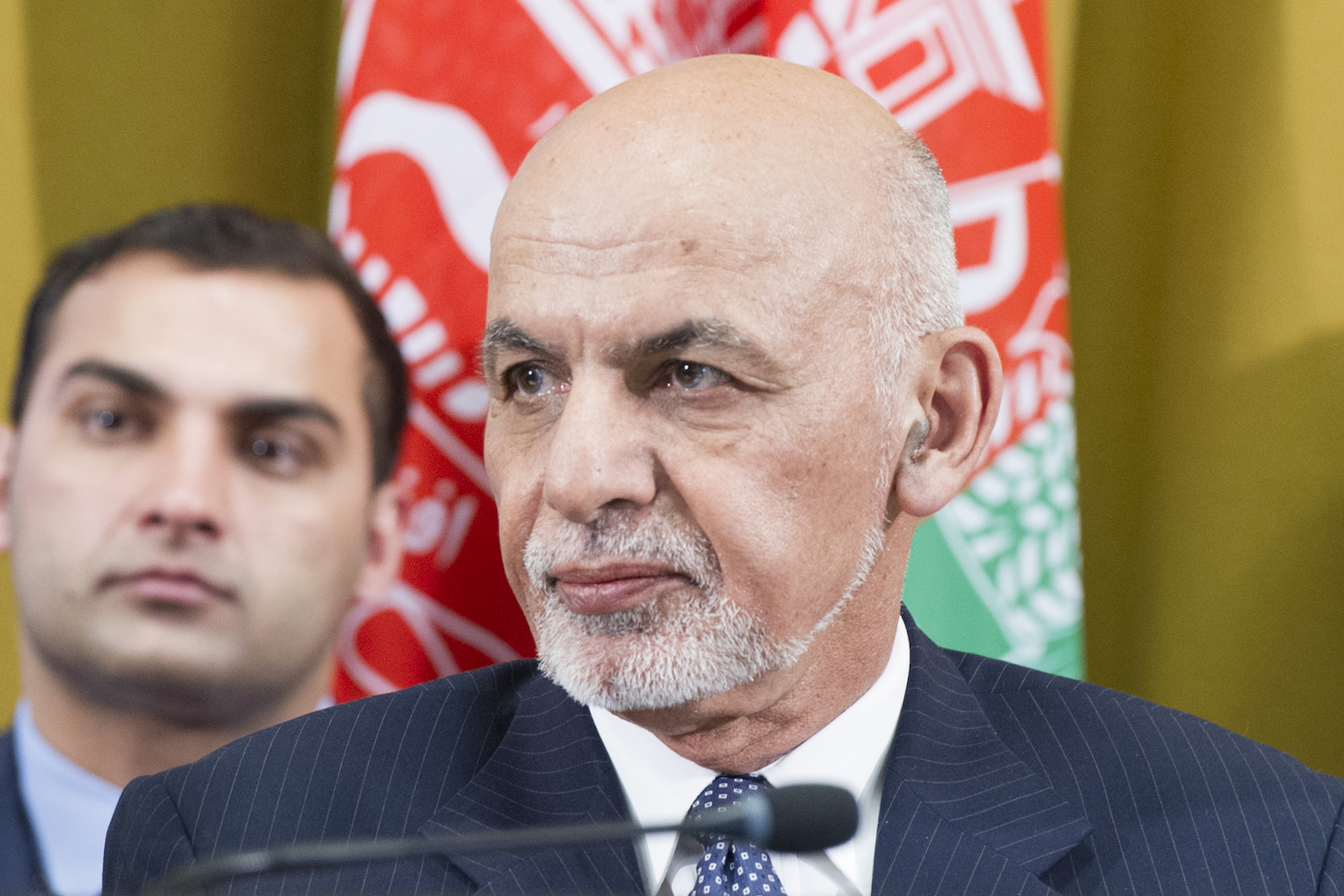
What does Tehran Want in Post-U.S. Afghanistan?
President Trump laid out his strategy towards Afghanistan and South Asia in August 2018, in which he mentioned a possible political settlement that includes elements of the Taliban while supporting the Afghan government. Since then the latest round of talks to engage the Taliban are steadily moving up in the recent days across the capitals of Afghanistan, Pakistan, Saudi Arabia, Qatar, and the UAE, Tehran is switching gears to get the most out of the chaos, instability, and uncertainty. Tehran’s renewed and open engagement towards Afghanistan shows an act of balancing with both the Taliban and the Afghan government to get its foreign policy objectives and security interests established in the post-U.S. Afghanistan. One likely outcome that the Islamic Republic seeks to achieve in this process is to combat terrorism.
Since the rise of the Taliban and its ouster in 2001, its relationship with Tehran has been tumultuous. Afghanistan’s largest armed opposition syndicate, the Taliban, is now stronger and more assertive. Iran staunchly opposed the reign of the Taliban in the 1990s and nearly went to war with them in the past. However, there are no permanent friends no nor foes in foreign policy. In recent years, Tehran adopted a policy of walking a tightrope. It has kept backchannels open and intelligence sharing with the Taliban, transfer of arms and training insurgents, provided asylum to some high-level Taliban leaders, and at the same time, maintained diplomatic ties with the successive Afghan central governments since post-9/11. In January 2019, Iranian Foreign Minister Javad Zarif agreed to the inevitable but not so dominant role of Taliban with an intra-Afghan approach during his visit to New Delhi.
Allegations that Tehran is covertly supporting the Taliban to expel American presence are not new. U.S. Central Command Commander Joseph Votel claims that “Iran continues to use the Taliban to secure its own interests and to counter the ANDSF’s [i.e. Afghan National Defence and Security Forces] attempts to improve security conditions across the country” in a February 2019 report. But, the primary reason Tehran has been concerned about the outcome of the U.S.-Taliban talks is how to limit the spill-over effects of terrorism if Washington slashes the number of boots on the ground. Amid Tehran’s opposition to the U.S. presence in Afghanistan over the years, the vacuum that will be left out by the U.S.-led security commitment would likely hamper Iranian security should Tehran refrain from engaging with the Taliban. The threat of the Islamic State Khorasan Province (IS-KP), a local ISIS branch established in 2015, is looming large. IS-IP has carried out anti-Shia attacks in Kabul as a result of the Taliban and the U.S. crackdown in eastern Afghanistan.
In remarks to the Geneva Conference on Afghanistan in November 2918, Foreign Minister Zarif called for “national reconciliation and inclusive political solutions for Afghanistan, owned and led by the Afghan government and people.” He further added that “a new challenge is the introduction of ISIS to Afghanistan which has led to more bloodshed and introduced dangerous sectarian tendencies. More dangerously, it has radicalized the local armed groups in a competition over followers and recruits.” Head of Iran’s Army Center for Strategic Studies, Brigadier General Ahmad Reza Pourdastan, claimed that thousands of ISIS terrorists have been stationed in Afghanistan with the help of the U.S. and certain regional states.
Previously, Secretary of Iran’s Supreme National Security Council, Ali Shamkhani, has also warned President Ashraf Ghani of the relocation of ISIS to Afghanistan during his visit to Kabul in December 2018. He also disclosed that Iran is in consultation with the Taliban with the knowledge of the Afghan government and so far it has hosted two delegations to Tehran in 2018. In other words, Iran’s Afghanistan policy showcases a stringent approach towards combatting terrorism. It is expected Tehran would consult the Taliban in the near future.
Therefore, an American retreat would not be a victory for Iran, rather it is a liability. The rise of IS-KP and other prevailing terror groups that number about 20 as per the U.S designated foreign terrorist organizations in the Af-Pak region, the highest in the world, may threaten Iranian influence and security in the post-U.S. Afghanistan scenario. In Feb 2018, an attack carried out by Jaish al-Adl, a Sunni terror group based in Pakistan, killed 27 Revolutionary Guards in Iran’s south-eastern Sistan Baluchistan province. Amid divergent policy goals, Tehran has learned that engaging the Taliban is one of lesser evils that will in effect limit the role of IS-KP and other terror groups as well as increase Iran’s influence in the region against its arch-rival Mohammed bin Salman’s Saudi Arabia who visited Islamabad days after the attack and inked a deal worth more than $20 billion.
As a regional power and neighbouring state, Iran has a strategic stake in Afghanistan.

